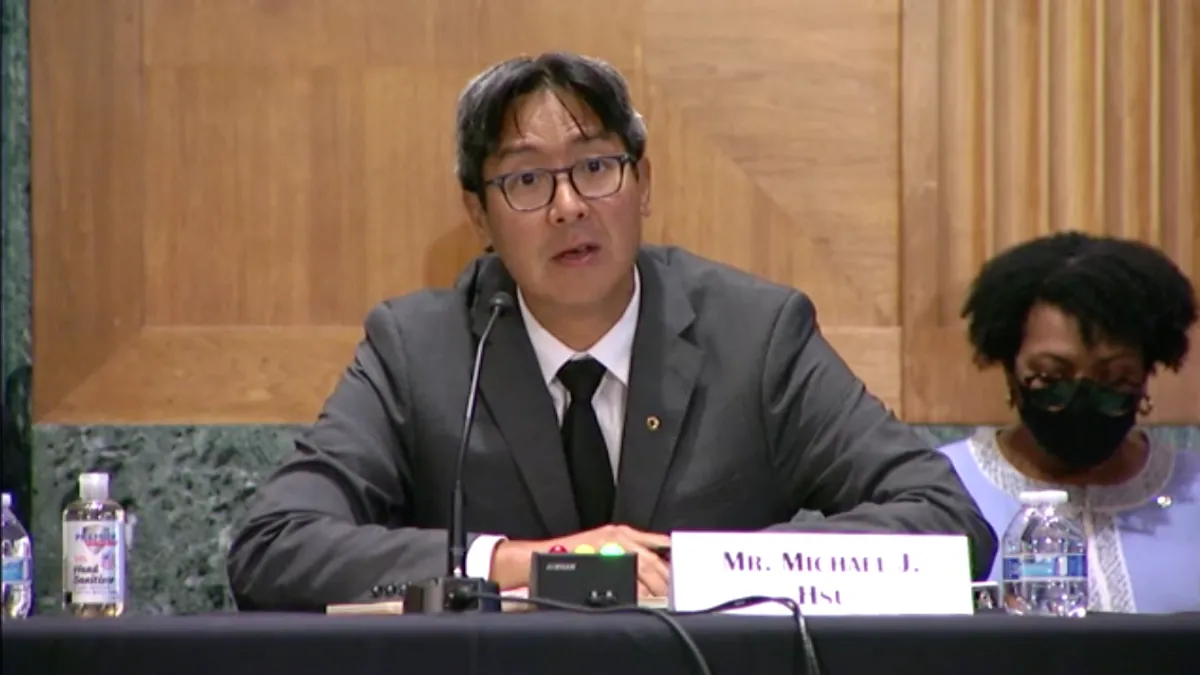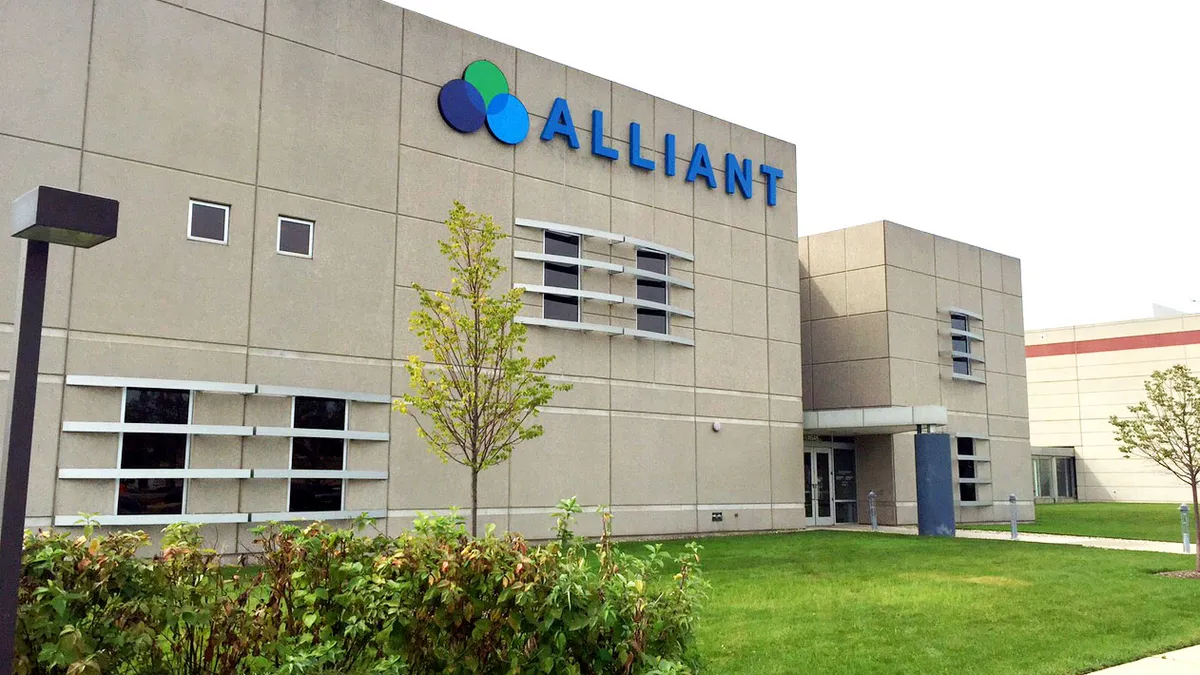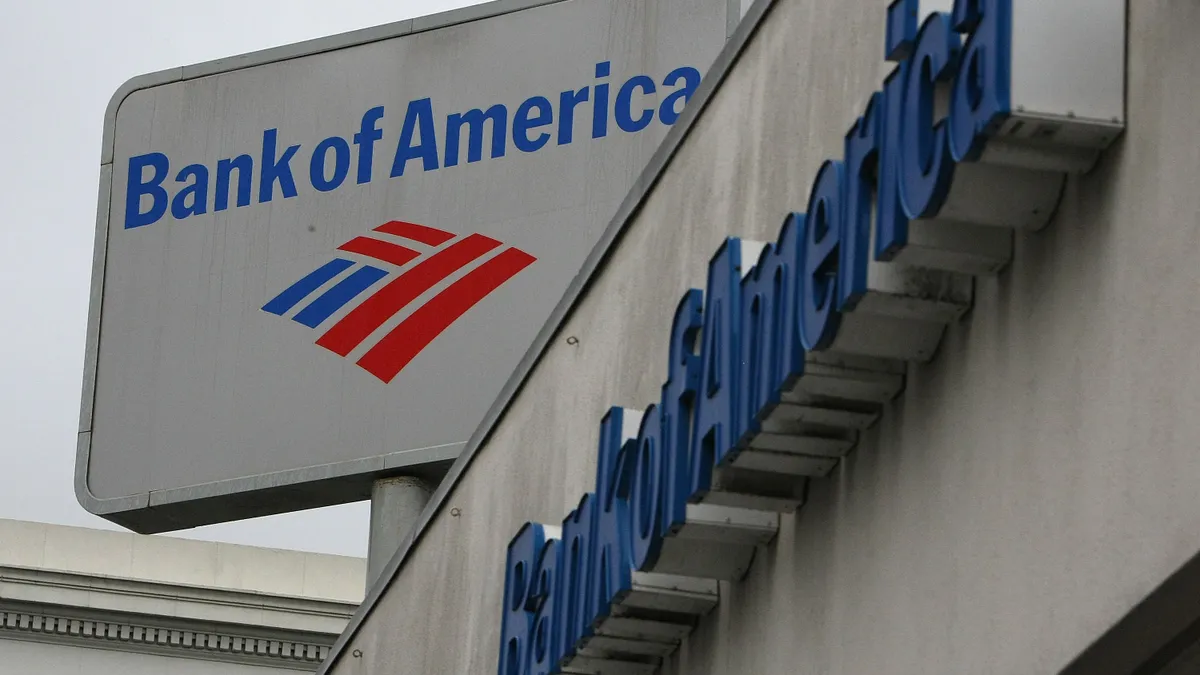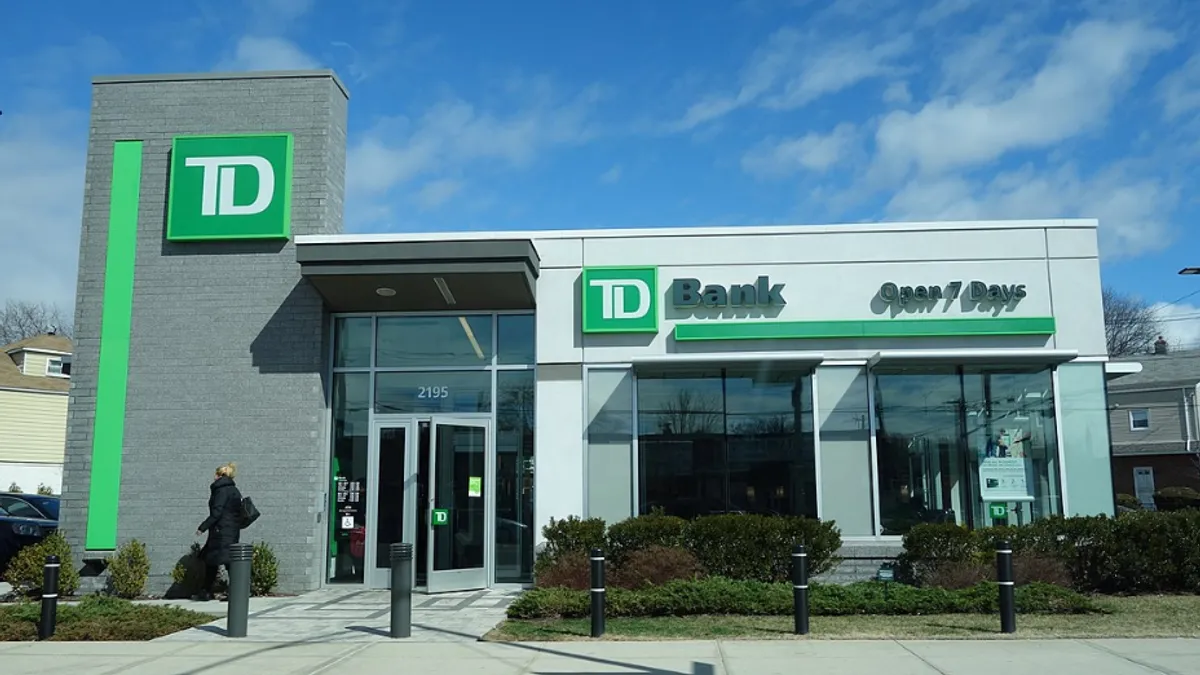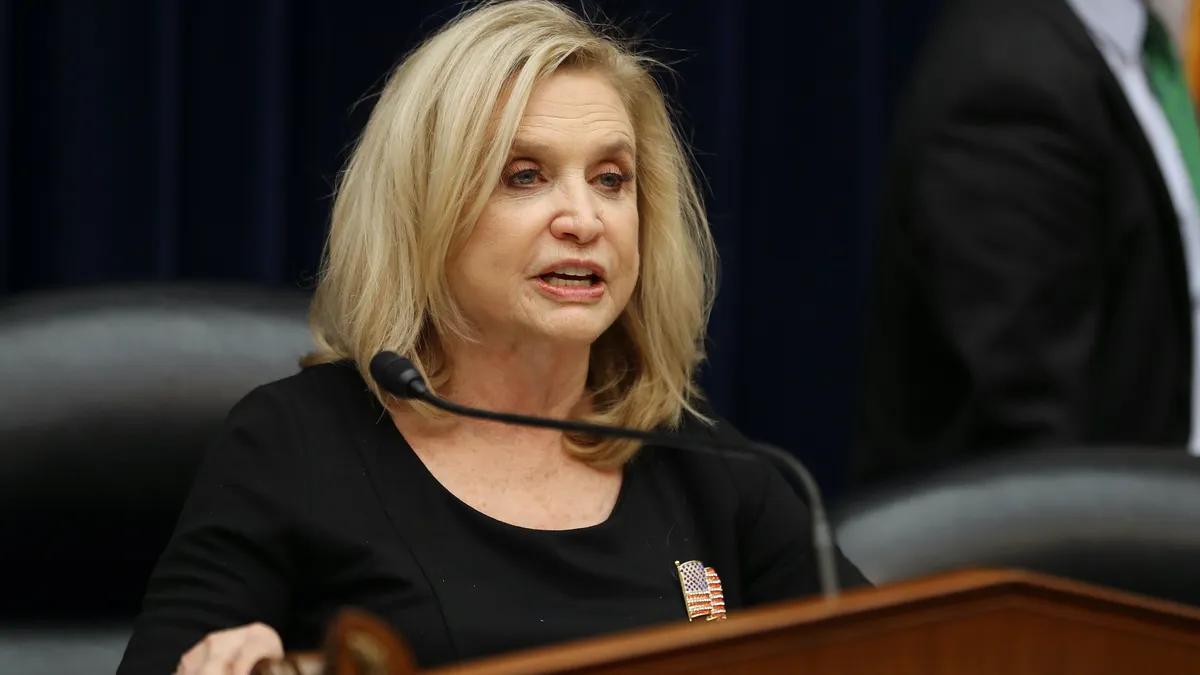The head of the Office of the Comptroller of the Currency (OCC) said the bank regulator is conducting a review of bank overdraft policies during testimony in front of the Senate Banking Committee on Tuesday.
OCC Acting Comptroller Michael Hsu, who testified alongside Federal Deposit Insurance Corp. Chair Jelena McWilliams and National Credit Union Administration Chair Todd Harper, told senators his agency is "looking very closely at overdrafts."
"Excessive fees on overdrafts, predatory lending, high-cost debt traps — these things shouldn't have a place in the federal banking system," Hsu said, responding to Sen. Chris Van Hollen, D-MD, who brought up several small banks that derive a large portion of their revenue from overdraft fees. "We have a review going on, these particular institutions have been identified, as well as other practices. We're going to use the full range, within our supervisory toolkit, to address it."
Citing research from the Brookings Institution, Van Hollen highlighted several community banks, First National Bank Texas, Woodforest National Bank and Academy Bank, as examples of institutions that made more money on overdraft revenues than profits last year.
He then asked Hsu whether or not he believed a bank that operates in such a way should be considered a "safe and sound institution."
"It certainly raises a lot of flags and we follow up on those flags to ensure the firm's are safe and sound," Hsu responded.
Hsu didn’t go into detail regarding the regulator’s ongoing review of overdraft fees, or how it plans to address the practice once the review is complete, but said any large concentration in bank revenue, whether it be from overdrafts or others, is a supervisory concern.
Hsu told the committee there currently is an interagency effort to address the "$35 coffee," a term overdraft fee critics have often used to highlight how a small dollar item can cause a consumer to overdraw their account, resulting in a bank fee.
"There is draft work to address precisely that particular issue," Hsu said, adding he is encouraged by the growing number of banks that have made adjustments to their overdraft policies.
Some banks addressing issue
"One positive thing that has happened over the past year and really picked up over the past several months, is some of the larger banks have really started reforming their overdraft programs and policies to make them less punitive and more flexible," he said. "There are some leaders in that space. We're encouraging all the large banks to do exactly that, to rethink [overdraft], so that it's both fair and it provides the flexibility that people need."
In recent months, lenders such as San Antonio-based Frost Bank, Columbus, Ohio-based Huntington Bank and Pittsburgh-based PNC have revised their overdraft policies to include features such as grace periods, a line of credit and notifications for when a consumer’s account is low in cash.
Several financial institutions like Ally Bank and Alliant Credit Union have eliminated overdraft fees altogether, amid increased calls by community groups and Democratic lawmakers who took aim at the fees the nation’s largest banks took in amid the pandemic.
The OCC’s overdraft remarks come as some lawmakers are pushing legislation they claim would force banks to be more transparent regarding their overdraft policies, as well as crack down on practices they say are predatory.
Rep. Carolyn Maloney, D-NY, introduced her Overdraft Protection Act in June, a bill that would prevent banks from charging a customer more than one overdraft fee in any calendar month, and would limit to six the number of overdraft fees a bank can charge a customer per year. The bill would also require banks to disclose their overdraft fee limit, opt-in policies and alternative options to overdraft coverage.
Bank trade group the Consumer Bankers Association (CBA) has taken issue with Maloney’s bill, saying the legislation would limit consumer choice.
"Consumers have the right to choose the products and services which best provide for their daily financial needs," David Pommerehn, senior vice president and general counsel at the CBA, told Banking Dive last month. "Policymakers should be focused on encouraging innovation in the well-regulated and highly competitive banking sector rather than stifling the very choice and flexibility overdraft services offer."



